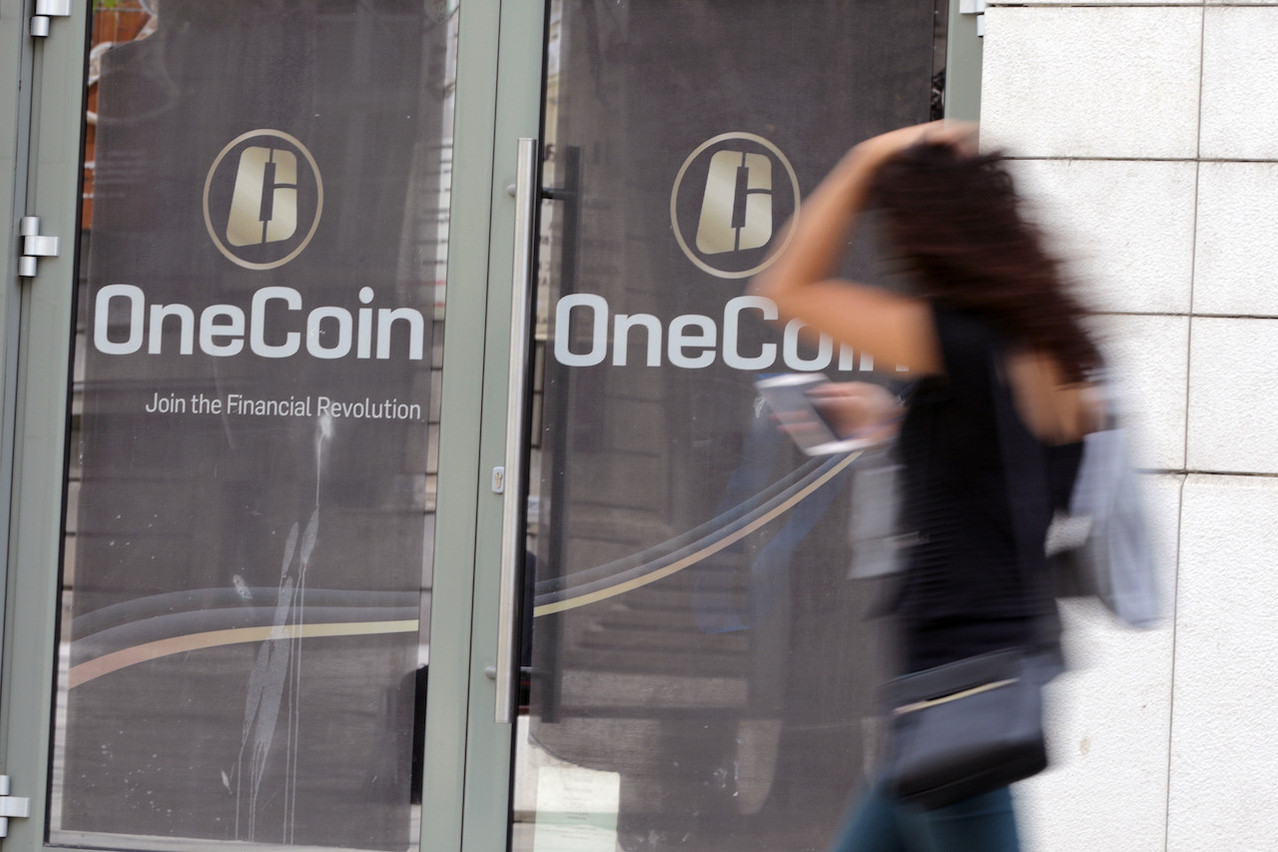The court of appeal in Nancy has sided with the US justice department’s demands to extradite former SREL agent, Frank Schneider on charges of fraud and money laundering. The charges result from Schneider’s involvement with the OneCoin cryptocurrency scandal.
OneCoin was basically a Ponzi scheme that prosecutors say operated as a multilevel marketing network. It paid commissions recruiting others to buy the cryptocurrency and is said to have generated revenue of some €3.4 billion between 2014 and 2016, according to the US government.
In 2016 one of the cryptocurrency’s inventors, Ruja Ignatova, described it as the “Bitcoin killer” and claimed it would soon be the world's biggest cryptocurrency, “for everyone to make payments everywhere.”
But the Bulgarian based cryptocurrency was missing one vital element--it had no blockchain, the very thing that prevents fraud in crypto. Ignatova, who had already been convicted of fraud in Germany in 2012, disappeared in 2017 and is presumed to be on the run from the FBI.
Konstantin Ignatova gives Schneider’s name to US authorities
Her brother Konstantin pleaded guilty to fraud in 2019. And it was Konstantin who, when answering questions from the Assistant United States Attorney for the Southern District of New York, Nick Folly, gave up the name of Frank Schneider as the man who told Ruja that the authorities were on to her.
“Ruja got her information about law enforcement investigations from him [Schneider]. He was a money launderer,” Konstantin told Folly in .
Schneider, who had been living across the border in France since 2008, was arrested in Audun-le-Tiche in April 2021. After seven months in prison he was released on bail and ordered to stay home and wear an electronic bracelet while awaiting the court’s decision on the extradition request.
According to AFP, Schneider’s lawyer said his client had been, “misrepresented by the US prosecutor as being on the run”, whereas he had actually been “in negotiations” and even had an, “appointment with the US prosecutor in April 2020”, an appointment that had been “cancelled” by the US authorities when the Covid-19 pandemic hit. The lawyer claimed that the arrest warrant was issued to “compel” his client, “to provide information that he does not have, but that the prosecutor is convinced that he does have.”
